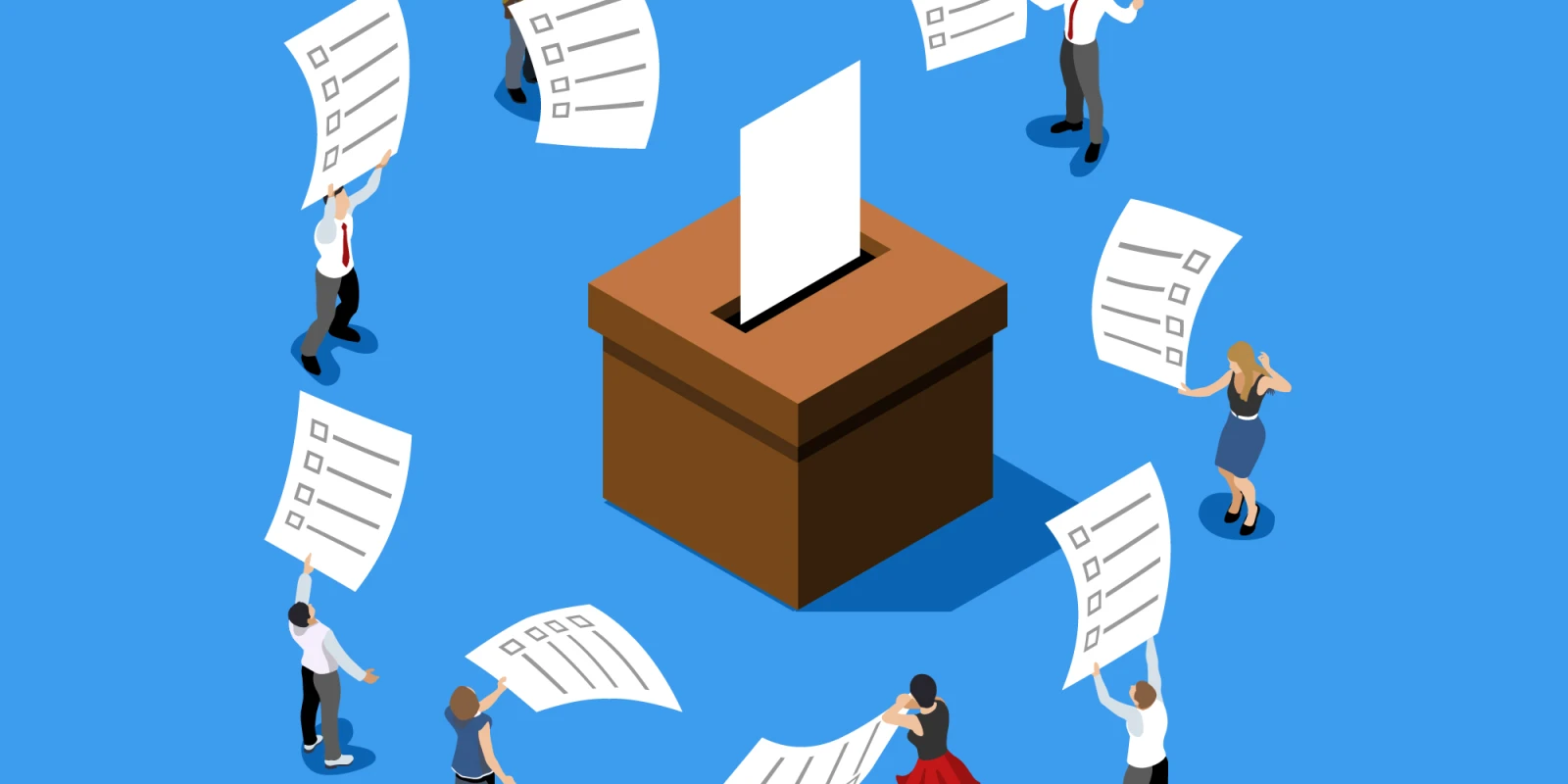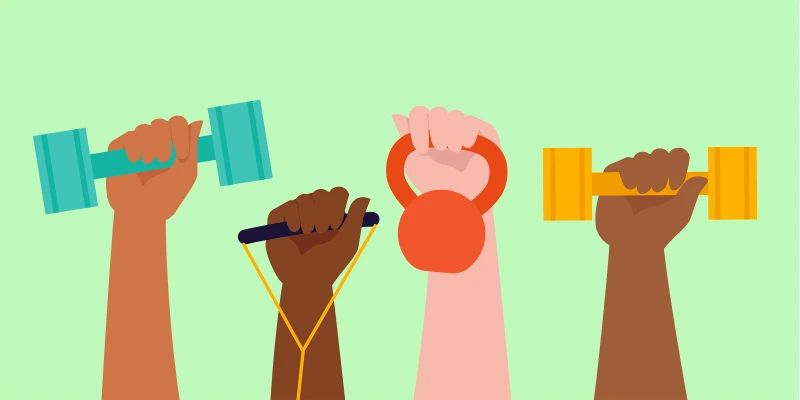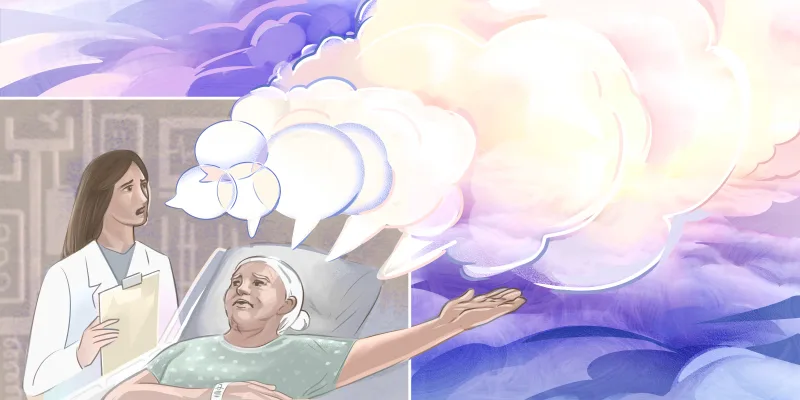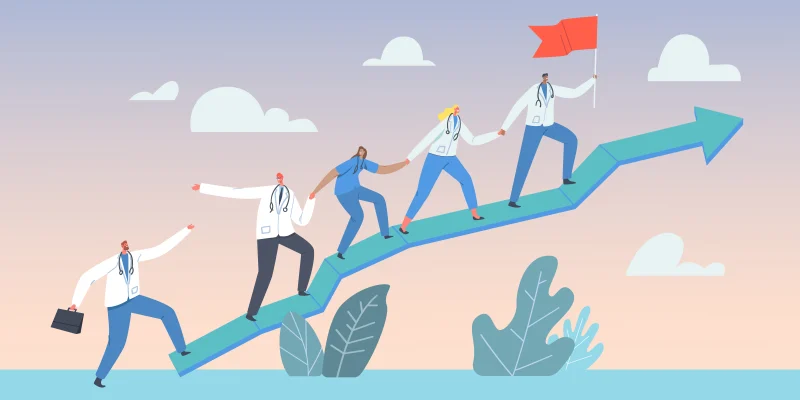
The day before the midterm elections, I lost my wallet. As a 30-something living in the New York, I prided myself on never having lost a Metrocard, much less a wallet. I mean, I'm a doctor—if they let me be in charge of peoples' lives, surely I should be responsible enough to keep track of a few credit cards and a discount card for my local coffee shop.
So my heart sank when I reached into my bag, and reached, and reached… and came up empty. My first thought was when did it happen. My driver's license was gone! How was I going to vote?
Like much of my generation, I have some resentment about the way in which people in my age bracket are represented: selfish, childish, and apathetic are all terms that have been used to the describe the now infamous millennials. Especially after the most recent presidential election, when my demographic was accused of apathetic voter turnout (only about 46 percent voted, compared to 72 percent of people over age 70). So I was heartened to see the flood of political activism that emerged from, and is now being led by, young Americans across the political spectrum.
But I am also aware of an undercurrent in the recent primaries and midterms, which implicitly (and sometimes explicitly) bullied people into voting. 'Vote shaming' links, GIFs, and memes filled my social media feeds, and made me feel self-conscious that voting itself might not even be enough. The push for political activism can be thuggish, even if well-intentioned.
I am lucky to live in New York City. We have some of the most flexible voter registration policies, including one that allows registered voters to cast their ballots without showing state or federal identification (while flexible in terms of ID, New York's voting system has also been accused of being outdated, dysfunctional, and downright disenfranchising). So, even with my misplaced wallet, I would be able to vote.
I am also lucky to work in a hospital where so many of my colleagues are socially and politically engaged. In a way, we have to be. Working in a public hospital, we see the downstream effects of political decisions on not only health insurance but also social services and safety nets, immigration, and criminal justice. Civic engagement—including voting and encouraging our patients to do the same—is good medicine, especially for the most disenfranchised. So, as I searched for ways to become more active, I hit on an idea: How could my institution help our hospitalized patients exercise their right to vote?
This is where things got tricky. It was also where I was confronted by the political, social, and medical realities of disenfranchisement.
For starters, the process of obtaining and submitting an absentee ballot from a hospital is not easy. It requires a network of motivated friends and family outside the hospital to help patients register, collect, fill out, and deposit the ballot. Not to mention the fact that many hospitalized patients aren't even registered as absentee voters. People rarely expect to be hospitalized, much less during an election, so why would they register?
Unfortunately, the process for submitting an emergency absentee ballot is even more arduous, requiring a signed letter from the patient authorizing a representative to receive and deliver the ballot. In a public hospital that is frequently without working printers and printer paper, not to mention reliable wifi, it seems an impossible ask of patients, nursing, and physicians to accomplish this for each patient. And, while the excellent work of motivated medical professionals like Dr. Kelly Wong and the staff at patientvoting.com are working to make this process easier, there's still a long way to go.
More than just the process, however, what struck me most was that many patients wouldn't have been able to vote, even if they hadn't been in the hospital. Again and again, as I approached my patients to ask if they would vote, I heard the same refrains: I never registered. I don't have papers. I don't speak English. I'm here as an asylum seeker. I'm afraid.
It's not that my patients didn't have opinions about the state of American politics. I had heard my share of political commentary in the clinic, both enthusiastic and acerbic. Nor was it that they had never engaged in politics: One of my most memorable patient encounters involved a conversation with a 50-year-old woman from Puebla about the recent election of Andres Manuel Lopez Obrador, a man who has been compared (favorably and otherwise) to Donald Trump. I have learned about local politics from areas as diverse as Fuzhou, the Wolof of Senegal, and the Louisada, all from my politically educated and socially engaged patients. Nor, despite the demographics, was it all about documentation; even patients whose papers would be deemed satisfactory by ICE were hesitant about voting.
Over and over in my conversations, what I saw was patients—many of whom stood to lose the most by not making their voices heard—being stifled and silenced. They didn't feel empowered to engage in the political process. The candidates didn't represent them or their communities. The structure of the political machine was foreign or confusing, ineffectual, or downright corrupt. And yes, many were uncertain of their immigration status or afraid of the repercussions of showing up to vote. All of this, on top of being sick in the hospital, had proved just too much for them. It was a downward spiral that no amount of feel-good voting activism could counter.
Disenfranchisement comes in many forms. It is easy to claim and hard to fix. The term has become something of a mascot (or boogie man) for both sides of the political divide. And it is often easy to use politicized ideas like it to aggressively push, bully, and shame people into engaging in a system that, for many, is foreign or confusing, ineffectual, or downright corrupt.
But there is another story at play here—that is, the lived experience of people who want to vote, to be involved, to make changes for their communities, but can't do so. In these moments, I am reminded of the overlap between vulnerability and the importance of addressing them. However, I can for all of my patients. So I voted, without an ID but with purpose, without guilt for my efforts but with the recognition of my privilege and compassion for those who were absent.
Dr. Katharine Lawrence is a physician based in Miami, FL and a 2018-2019 Doximity Author.






